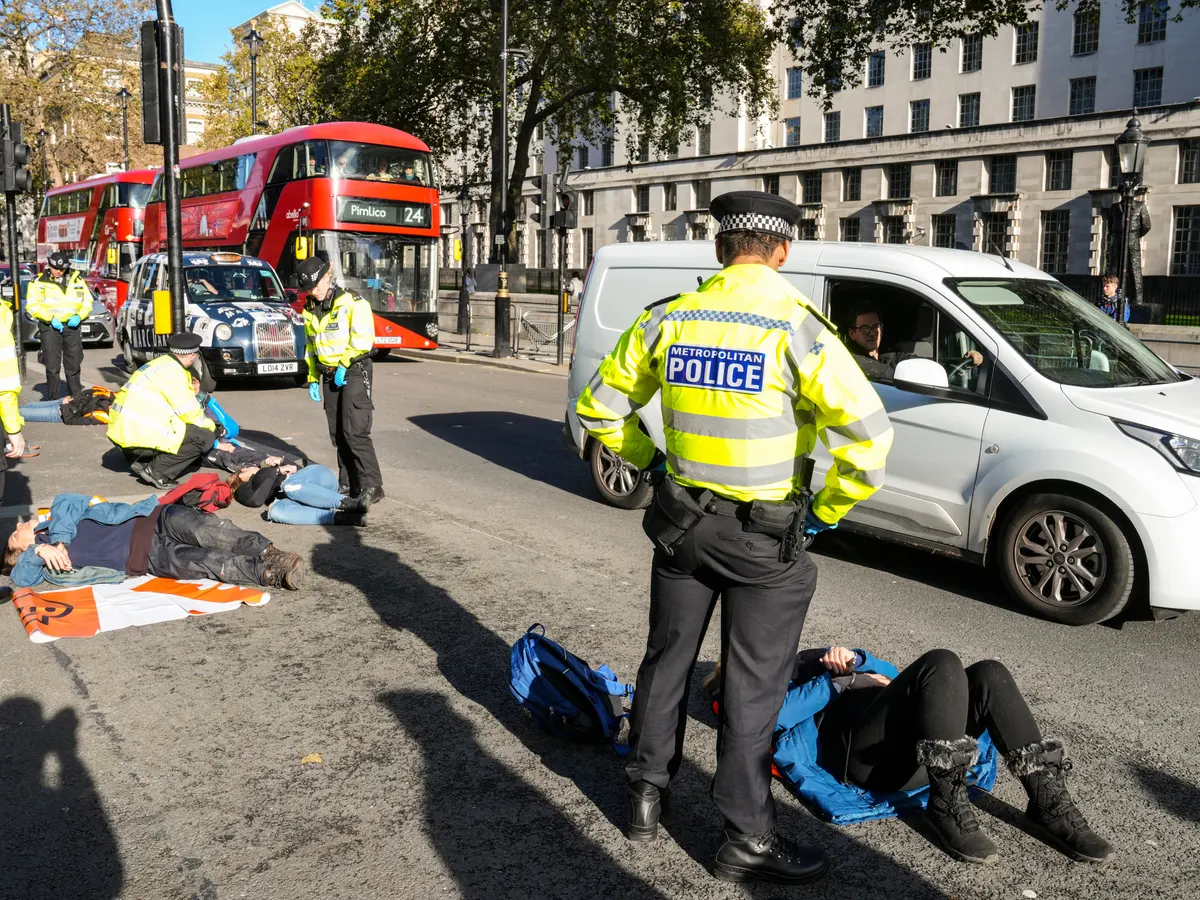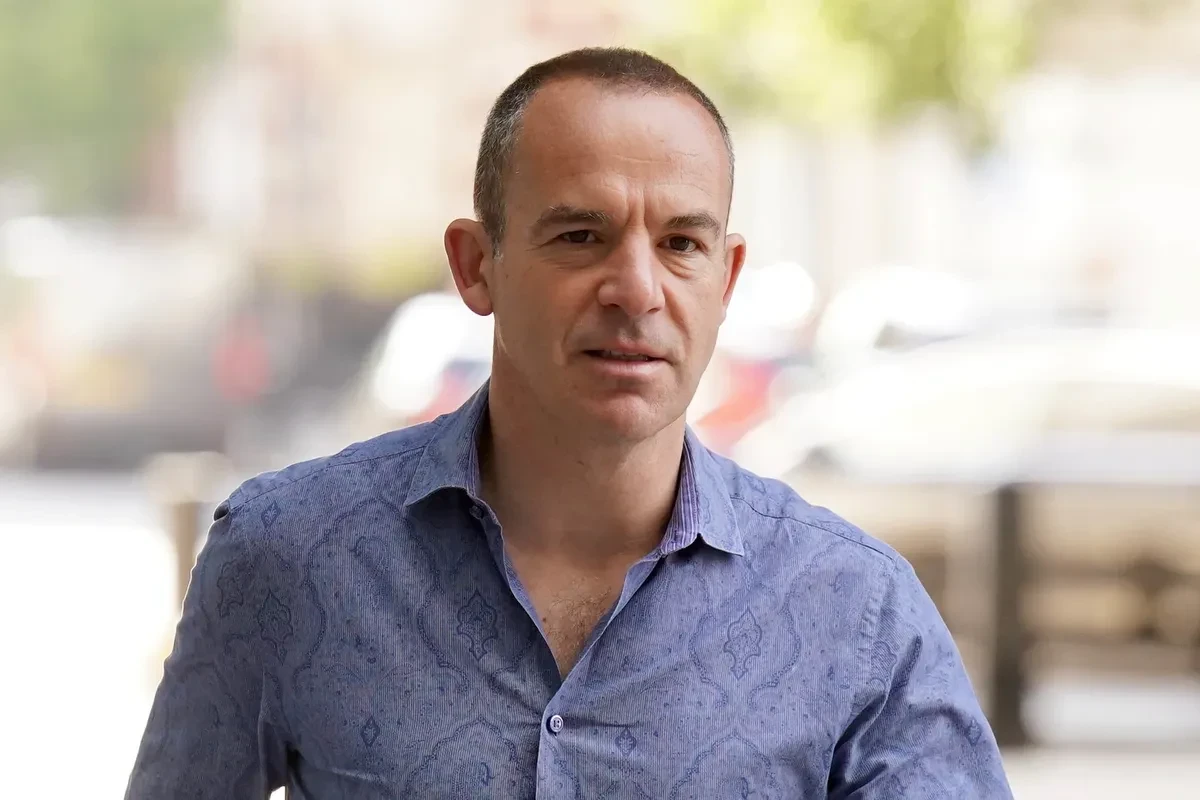The United Kingdom, as highlighted by a United Nations expert, is where environmental activists will face a “severe crackdown,” and a “toxic discourse” is directed at peaceful protestors.
During a recent visit to the United Kingdom, the Special Rapporteur of the United Nations on Environmental Defenders, Michel Forst, reported receiving “extremely alarming information” regarding “an increasingly severe crackdown.”
He warned against using “regressive laws” to impose severe penalties on environmental and climate activists. “Including in relation to the exercise of the right to peaceful protest,” in a statement on Tuesday.
“Protesting is an inherent and fundamental human right,” he added. “It is also a vital component of a healthy democracy.”
As designated by the United Nations Aarhus Convention, which ensures justice in environmental affairs, Forst is an impartial expert.
The United Kingdom has ratified the convention
After years of disruptive environmental protests, the British government gave the police anti-protest authorities last year.
According to Forst, nonviolent protestors were charged with “public nuisance,” which carries a ten-year prison sentence.
Last month, a peaceful climate protestor who participated in a 30-minute leisurely march was sentenced to six months in prison.

The expert emphasized that before the implementation of these “regressive” laws, incarcerating members of the public for peaceful protest in the United Kingdom was virtually unheard of, dating back to the 1930s.
Furthermore, he stated that it was incomprehensible why certain judges had prohibited “environmental defenders from explaining their motivations for protesting to the jury” or “from mentioning climate change at all.”
Forst further condemned the stringent parole conditions imposed by the British government on environmental protestors.
“An environmental defender may be released on bail for a maximum of two years from the time of their apprehension until their criminal trial,” he stated.
He noted that strict bail conditions could have detrimental effects on individuals’ personal affairs and mental health.
Forst cautioned that politicians and British media frequently condemned environmental activists in public. This increased the likelihood that they would be subjected to threats, insults, and physical assaults.
He stated that the state could potentially use this “toxic discourse.” It could justify the implementation of progressively harsh and draconian measures against environmental defenders.





